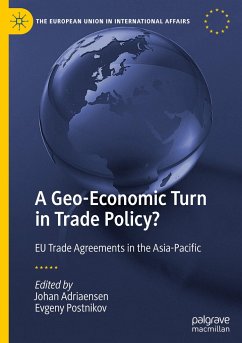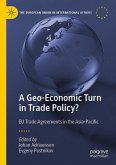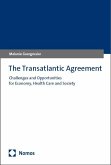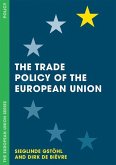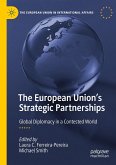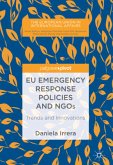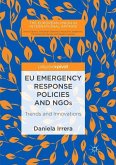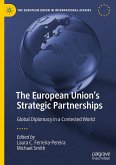Contemporary trade policy is increasingly framed in geo-strategic terms. But how much of that rhetoric is reflected in actual policy choices by the EU or its trading partners? This book provides a first systematic study of the broader international context in which EU trade agreements are conceived, negotiated, and designed. Building on a refined conceptualisation of geo-economics, the book develops a cogent framework that combines insights from scholarship on the design of free trade agreements with ideas from foreign policy analysis. Empirically, the analysis focuses on the relations between the EU and the Asia-Pacific. Following the United States' pivot to Asia and the EU's Global Europe strategy, China's backyard has become the main arena in which global powers' geo-economic strategies overlap. Building on a series of case-studies, combining the perspectives from the EU and its trading partners, the book shows that the rhetoric of geo-economic competition is yet to catch up with the actual negotiation and design of free trade agreements. This volume will be of great interest to scholars, students and practitioners who want to gain a holistic understanding of contemporary trade negotiations.
Bitte wählen Sie Ihr Anliegen aus.
Rechnungen
Retourenschein anfordern
Bestellstatus
Storno

